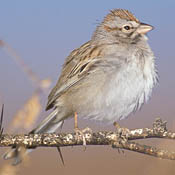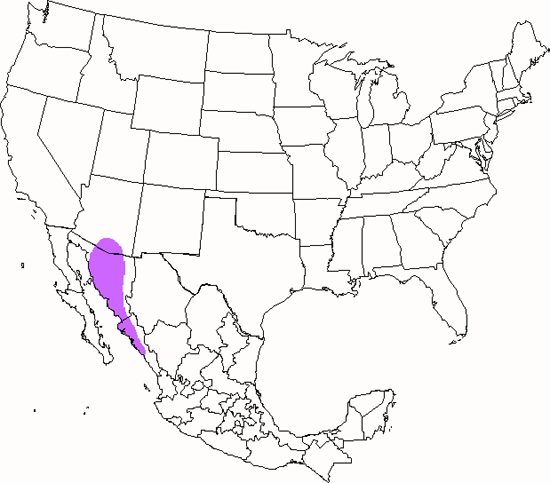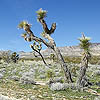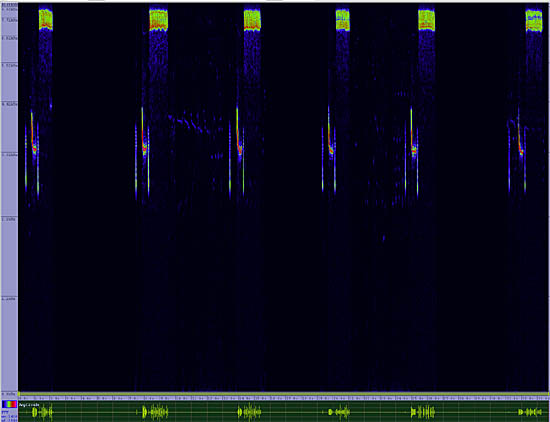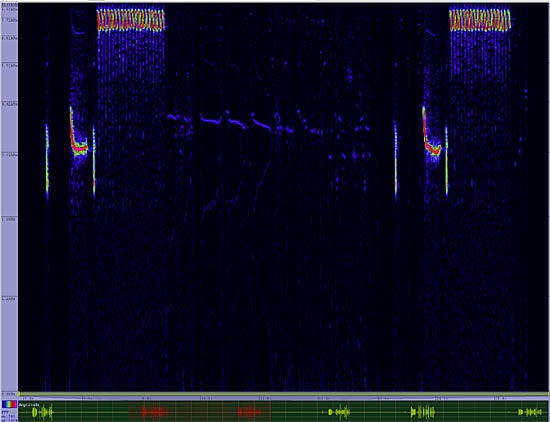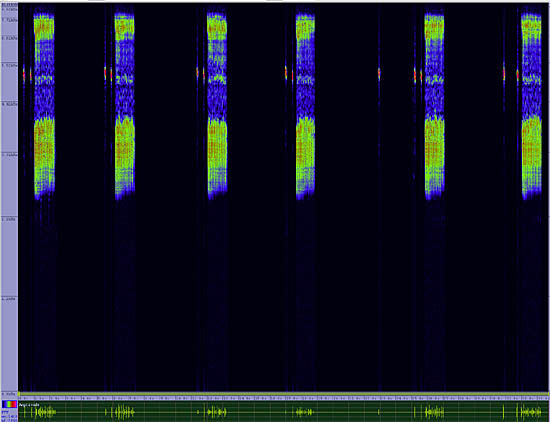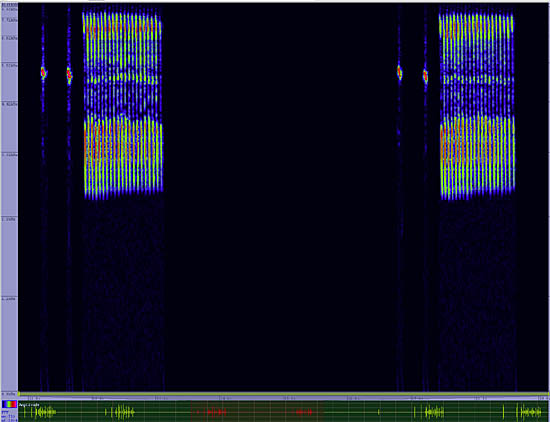The four-digit banding code is RWSP.

Perching
Rufous-winged Sparrow
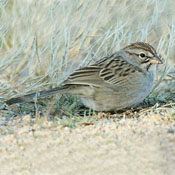
Length: 6 in. (15 cm )
View Citation
Bibliographic details:
- Article: Rufous-winged Sparrow
- Author(s): Dr. Biology
- Publisher: Arizona State University School of Life Sciences Ask A Biologist
- Site name: ASU - Ask A Biologist
- Date published: July 13, 2017
- Date accessed: January 11, 2025
- Link: https://askabiologist.asu.edu/activities/bird/rufous-winged-sparrow
APA Style
Dr. Biology. (2017, July 13). Rufous-winged Sparrow. ASU - Ask A Biologist. Retrieved January 11, 2025 from https://askabiologist.asu.edu/activities/bird/rufous-winged-sparrow
Chicago Manual of Style
Dr. Biology. "Rufous-winged Sparrow". ASU - Ask A Biologist. 13 July, 2017. https://askabiologist.asu.edu/activities/bird/rufous-winged-sparrow
Dr. Biology. "Rufous-winged Sparrow". ASU - Ask A Biologist. 13 Jul 2017. ASU - Ask A Biologist, Web. 11 Jan 2025. https://askabiologist.asu.edu/activities/bird/rufous-winged-sparrow
MLA 2017 Style
Be Part of
Ask A Biologist
By volunteering, or simply sending us feedback on the site. Scientists, teachers, writers, illustrators, and translators are all important to the program. If you are interested in helping with the website we have a Volunteers page to get the process started.







